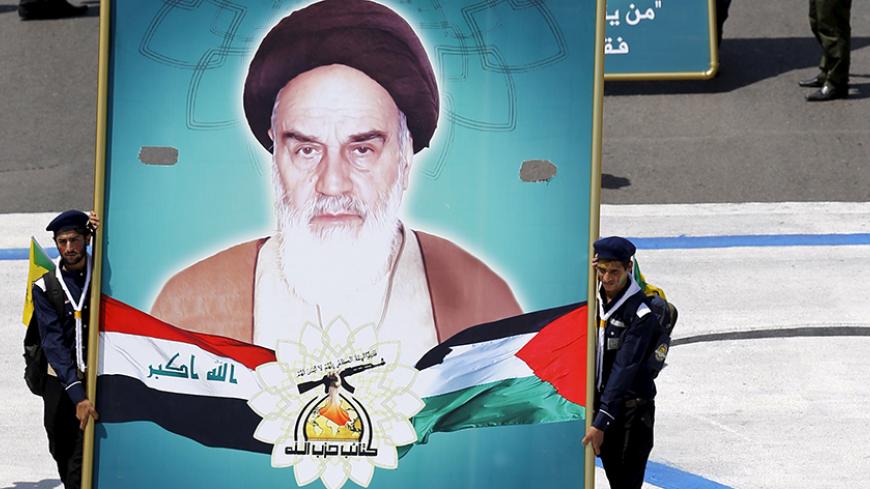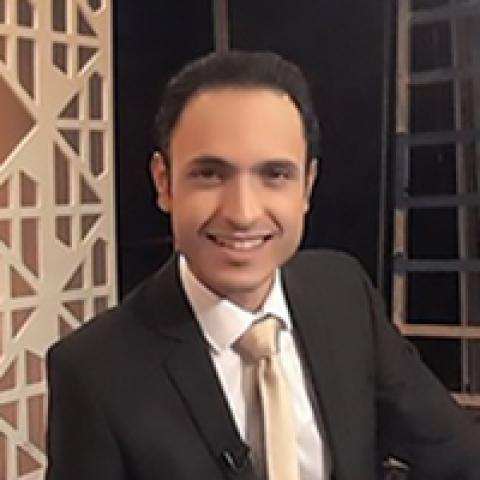The Popular Mobilization Units (PMU) in Basra recently gave an old street a new name, Imam Khomeini Street. Naming a street after the leader of the Iranian Revolution, Ayatollah Ruhollah Khomeini, is not new in Iraq. The local government in the holy city of Najaf had renamed a street after him in April 2015. The change in Basra, made July 1, sparked controversy and debate on social media because it was done outside legal and administrative procedures. The PMU's apparent usurpation of this power of local authorities and other actions have sparked debate on social media and elsewhere about what this might mean for the future in terms of the PMU's political ambitions and quest for power.
Taleb Abdel Aziz, a journalist from Basra, and Sattar Awad, a professor of philosophy at the Al-Mustansiriya University in Baghdad, expressed concern to Al-Monitor about the implications of the PMU's assertiveness on Iraqis' rights down the road. PMU spokesperson Karim al-Nuri told Al-Monitor that having political ambition is a legitimate goal for PMU militias given their defense of Iraq against the Islamic State (IS).



